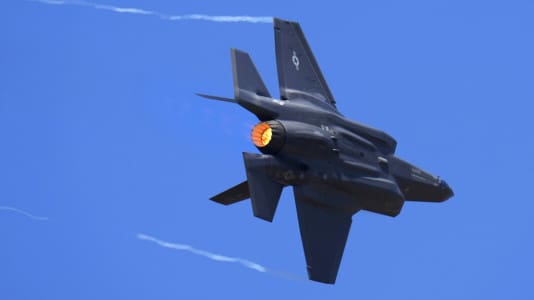A consortium of Vinci Airports and IFM Global Infrastructure Fund will invest in the Central Communication Port (CPK), the government minister responsible for the project announced on Tuesday.
A flagship project of the current Polish government, the Central Communication Port (CPK) is a planned transport hub, due to be built between Warsaw and Lodz, which will encompass a brand-new airport with rail and road links.
According to the CPK website, the project will cover some 3,000 hectares, include “10 major rail corridors radiating” from it, and handle 40 million passengers a year during the first stage of the airport’s operations.
“We have an investor willing to put up to 8 billion złoty (€1.79 billion) into the construction of CPK in exchange for taking a minority stake in the company operating the airport,” Marcin Horała, deputy minister of funds and regional policy and the government representative for CPK, wrote on the X platform on Tuesday.
“It’s a consortium of Vinci Airports and IFM Global Infrastructure Fund,” he added.
The CPK company, which is owned exclusively by the State Treasury, revealed that the “investors have applied to acquire shares in CPK Airport only and not shares or stocks in other companies controlled by CPK.”
Vinci Airports (part of the Vinci Group) is the world’s leading private airport operator, managing more than 70 airports around the world. IFM Global Infrastructure Fund is an investment fund from Australia with interests in 17 airports worldwide.
CPK, according to estimates, should provide employment for over 150,000 people, and its “Airport City,” which will be created within the CPK’s zone, will include fair and conference facilities as well as offices, the website indicated.
The new center-liberal parliamentary majority that is likely to form the new Polish government has promised to review the CPK project. However, its political leaders have been skeptical about its economic feasibility.
The current governing conservatives, the Law and Justice (PiS) party, have accused the opposition parties of yielding to pressure from Germany, which doesn’t want competition for its new Berlin airport.






